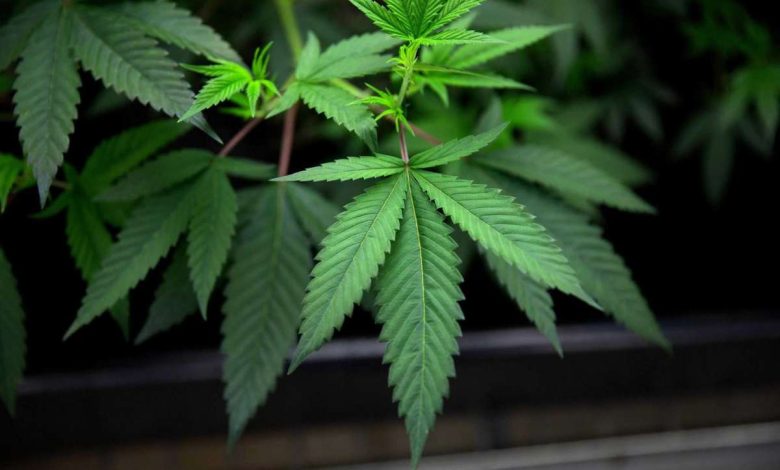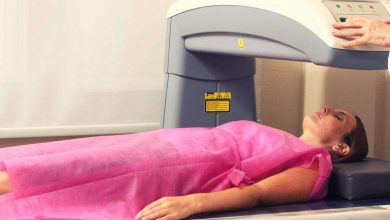Points To Guide You About Getting Medical Marijuana in New Jersey

Are you a permanent resident of New Jersey State of US and suffering from a chronic illness? If yes, then you can switch to a natural treatment using medical marijuana. Marijuana is proved to be effective for treating various ailments related to pain, memory, and movement. The cannabinoid is an active compound in medical marijuana that has natural properties. It can relieve chronic pain, reduce inflammation, improve nausea, and control vomiting. It is also helpful in many other health conditions. So, the government of New Jersey has made it legal for its people.
But the thing is that how to get medical marijuana in New Jersey? The New Jersey Cannabis Regulatory Commission has an answer to this query. It is the regulatory body that has made all rules and regulations for medical marijuana in NJ. You can follow guidelines to know about different laws about card, cultivation, qualifying conditions, possession, and use of medical marijuana. As a beginner, you might hesitate to ask about the use of medical cannabis. But, if your condition is not improving with regular medication, you can get advice from your physician.
What to expect being a patient of chronic illness?
The state of New Jersey has started the medical marijuana program for patients with definite illnesses. If you are suffering from one of them, you can become eligible for medical cannabis. You can expect to become a qualified individual but before you go ahead, read the guide thoroughly. The following points can help you to get medical marijuana in NJ. So keep reading this post to the end.
Plan a visit to a certified general practitioner
The beginning phase to becoming a medical marijuana patient is to visit the physician for examination. You must find a doctor who is registered with the New Jersey department of health to get medical marijuana in new jersey. You must accompany a valid ID proof while meeting the health official. The physician will examine your medical condition and conduct tests to know if you are taking other drugs. You must provide the detailed medical history to the doctor and must carry the previous medical records. It is the whole discretion of the physician whether you require a written recommendation for medical marijuana. So, you cannot decide on your own for the recommended use of pot for the illness. The initial meeting could take some hours, so be patient during the consultation.
Know if you qualify for illness
To procure the use of medical marijuana, you need the MMJ card first. It is a unique identity for all medical marijuana patients. But, to become qualify for the card, you must know whether you qualify for the card or not? You can get the card if you have the following ailments.
Do you have any type of cancer?
Terminal illness that results in the death of the patient
Body pain that turns chronic and lasts to the years
Inflammation of the bowel system cause severe pain
Having disorder to use Opioid a component found in pain medications
Migraine problem that is from a longer period
You have anxiety that leads to fear about everyday situations
Having consistent weakness in muscles and loss of muscles mass
You can also become eligible if you have glaucoma and PTSD
It is an important point to consider before moving further to the process of MMJ cards. You must acknowledge that you have one of the illnesses mentioned above. If your condition is out of these, you are not a candidate for medical marijuana treatment.
Follow-up, the visit with the physician
Even after meeting the physician for a physical exam and testing, you need to visit again. In NJ, the procedure for MMJ is quite different than in other states. Therefore, you have to schedule a meet again after a week or two. During this visit, the doctor will recommend you the required dose of medical marijuana. If your condition falls under the qualifying illnesses, then you can get a written recommendation. But remember, you can only get registered with one medical marijuana dispensary at a time in NJ. A dispensary is known as Alternative Treatment Center in New Jersey. During the visit, you should also tell the doctor if you have experienced marijuana before. The doctor could know what you have experienced and can instruct you for use. But, if you are using it the first time, then no one knows how it could affect you?





